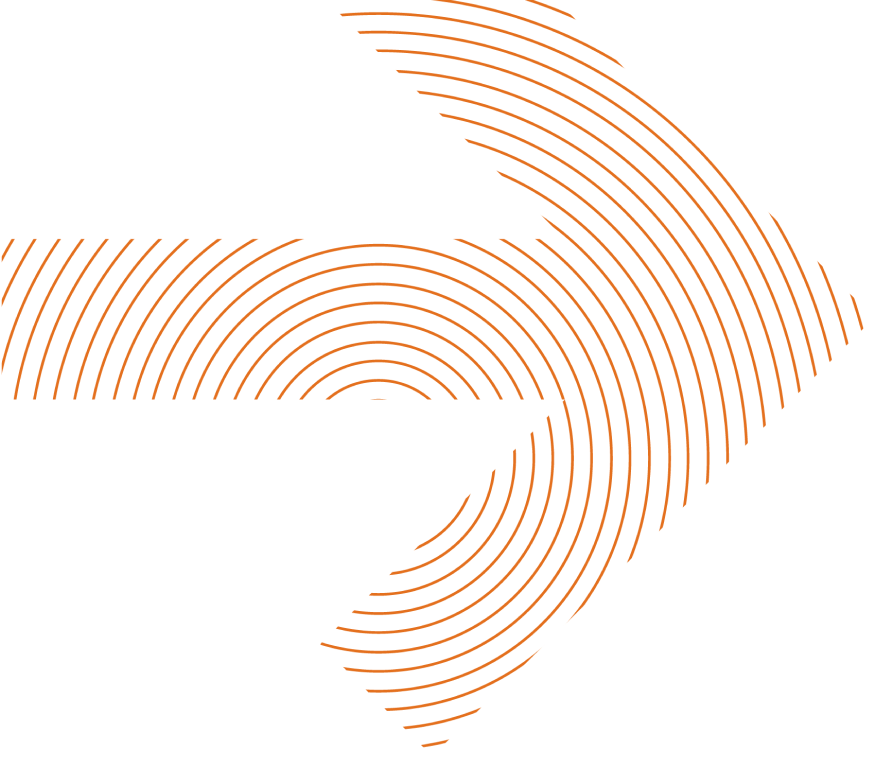-
Gaza: The failed promises of two ceasefires
Two months on from the ceasefire, Jolien Veldwijk, CARE Palestine (West Bank and Gaza) Country Director reflects on the continuing depth of need and scarcity of supplies in Gaza..
-
Returning amid rubble: Syria’s road to recovery
One year after the major shift in Syria’s governance landscape, humanitarian needs across the country remain critical..
-
CARE at 80: Celebrating our amazing supporters
Last Thursday we hosted a very special event at Cahoots bar, right in the heart of the Soho, to mark a major milestone: CARE International’s 80th anniversary..
-
Five key asks for climate justice at COP30
We outline CARE’s five key asks for COP30 across mitigation, adaptation, and finance -and highlight how a CARE project in Bangladesh is already leading the way in these areas..
-
Strengthening supply chains by tackling gender inequality and the climate crisis
Diageo and CARE are working together to build resilient supply chains by tackling gender inequality and climate vulnerability together..
-
Haifa’s story: Pregnancy and displacement in Gaza
Haifa is nine months pregnant and has two young daughters in Gaza. Over the past two years, they have been displaced at least ten times. This is their story..
-
CARE's 80th Celebration
Last week, CARE hosted a virtual event for supporters, celebrating 80 years of CARE’s history and ongoing work in the delivery of aid and development..
-
Shelter in Cabo Delgado, Mozambique: “We’re going to build this together”
Shelter Advisor Lorena Dossantos talks about CARE’s work with communities in Mozambique and her experience delivering shelter support in conflict-affected regions..
-
Forcible displacement in Gaza City: Where should we go?
Forcing one million people to leave their homes and places of shelter will push an already catastrophic humanitarian situation over the edge. Families are facing agonising decisions whether to to leave or go..











